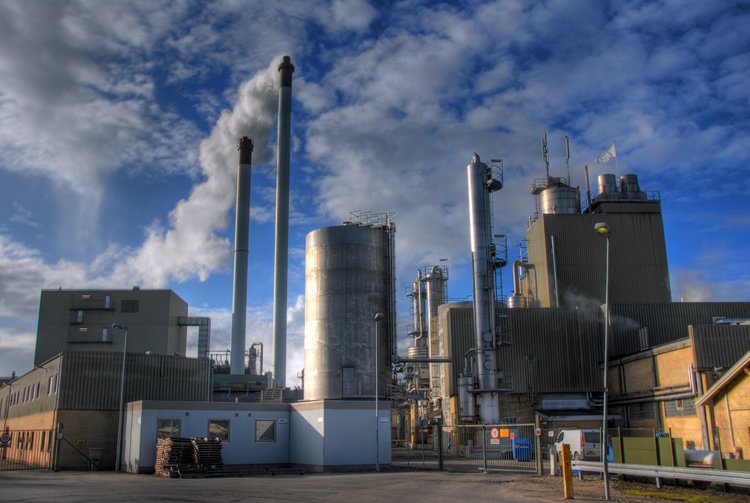In a blog article on Polet, the author and Mistra Electrification Work Package leader Jessica Jewell puts focus on replacing Russian gas, where the largest dependence on Russia and inflexible supply infrastructure are the largest threat. She asks whether such switch can be done faster than the announced plan and whether it will bring us closer or farther away from our climate goals.
So is the EU’s plan to get off of Russian gas within eight years realistic? Yes. It is optimistic and will take effort but it can be done.
Jessica Jewell
Energy security threats may accelerate the transition away from fossil fuels
Will these transformations increase or decrease Europe’s greenhouse gas emissions? Over the short-term, it looks likely that emissions will increase as countries consider walking back their coal phase-out commitments. However, over the medium and long-term, energy security threats may accelerate the transition away from fossil fuels. It is possible that the current crisis will replicate the high government commitment to transforming electricity supply in the 1970s and 80s, when the most rapid decline of fossil fuels in electricity occurred following the oil crises.

